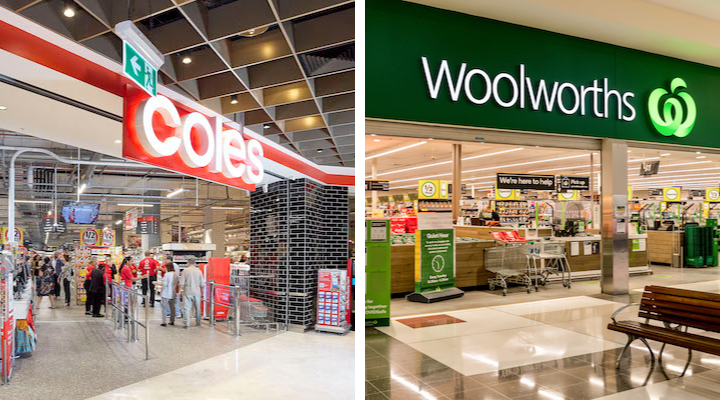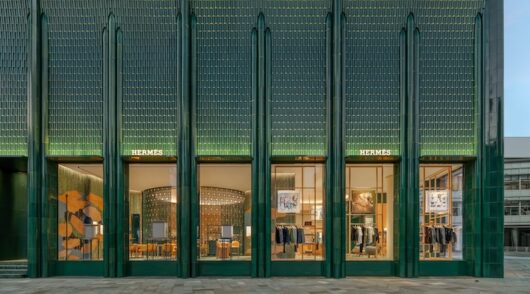The CEOs of supermarket giants Coles and Woolworths stated their cases to the Senate inquiry this week as the government looks into the allegations of price gouging and anti-competitive practices.
Both companies have now uploaded their opening statements online. And both outgoing Woolworths CEO Brad Banducci and Coles CEO Leah Weckert said their supermarket chains have tried to help customers cope with the rising cost of living during the past years.
“Grocery represents 10 per cent of household income and grocery prices have gone up by a compound annual growth rate of 6 per cent over the last two years, and we have a key role to play in helping our customers find ways to spend less on their groceries and get the best possible value in very challenging circumstances,” Banducci said.
He added Woolworths has continued to take steps to provide affordable grocery products for all Australians throughout this recent inflationary period.
For Coles, Weckert said the chain has given customers the best value possible on their grocery bill, while balancing this with paying suppliers fairly and reinvesting in the business to keep it efficient.
“As a customer-led organisation, our customers expect us to continue to provide a choice of quality products across a range of value propositions to suit their budget and the needs of their household,” she remarked.
High level of competition
The two bosses shared the same view on the high level of competition in the grocery sector, stressing the importance of being price competitive to win over shoppers, as well as suppliers.
“At Coles we welcome competition, and we encourage governments to invest in infrastructure and to minimise regulation to make Australia a more attractive market in which to do business,” Weckert stated.
Meanwhile, Banducci said Woolworths is seeing falling rates of grocery inflation and will continue to work hard to ensure this.
In terms of profitability, Banducci said Woolworths made a reasonable profit, both a 10 per cent return on funds employed after tax and a 10 per cent total shareholder return over the past five years.
“Much of that goes back to Australian households in the form of superannuation and dividends. We also make considerable investments back into our business so that it is more resilient, innovative and efficient.”
For Coles, the supermarket chain makes $2.60 in profit for every $100 spent in its stores, which Weckert considered a very small margin compared to other industries.
“This margin has remained consistent over the last five years, it did not increase with the rise in inflation. And, it is consistent with profit margins made by supermarkets overseas,” she explained.







